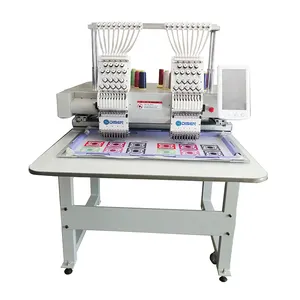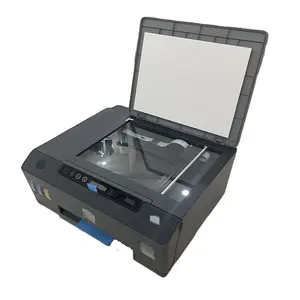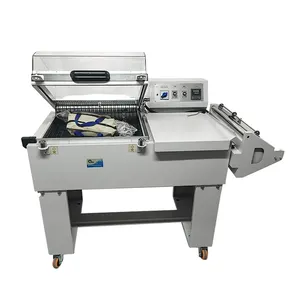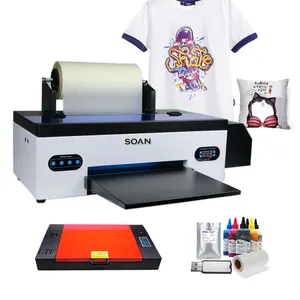Popular in your industry






































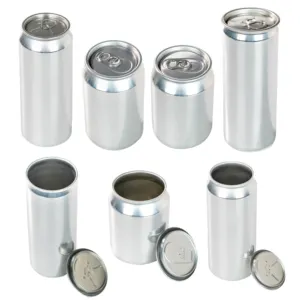






































Top categories
About can sealer
A can sealer is a tool in food packaging and preservation used to seal cans or containers securely, safeguarding their contents from external elements. It plays a pivotal role in the food industry, preserving various perishable items by creating airtight seals that prevent spoilage and maintain product freshness. Typically utilized by food processing companies, vacuum can sealers are instrumental in producing and packaging canned goods like fruits, vegetables, meats, and beverages. The primary users of can sealers are food manufacturers, small-scale producers, home canners, and commercial kitchens aiming to extend the shelf life of their products or store bulk food items efficiently.
Uses of a can sealer
A can sealer's utility spans various sectors, catering to different purposes and industries. Its primary function revolves around preserving food items in airtight containers, ensuring their longevity and quality by protecting them from contaminants, moisture, and oxidation. These sealers effectively secure the contents of cans, enabling the safe transportation and storage of canned goods. In addition to food preservation, tin can sealer machines are used in laboratories and pharmaceutical settings to seal containers housing sensitive substances, ensuring sterility and maintaining the integrity of the contents. Their versatile nature allows can sealers to be adapted for various applications, including packaging, sampling, and product development across different industries.
Types of can sealers
Manual can sealers require manual operation, employing a lever or crank mechanism to seal cans, making them suitable for low-volume canning or home use. Semi-automatic can sealers offer a balance between manual and automatic operation, automating some sealing processes while requiring human intervention for others. Automatic can sealers are more suitable for high-volume production, as they feature fully automated sealing mechanisms, reducing human labor and increasing efficiency. There are specialized can sealers catering to specific container materials, such as plastic can sealers, aluminum can sealers, and metal can sealers, ensuring compatibility with various packaging materials.
Pros of using a can sealer
The use of a can sealer machine presents a myriad of advantages, primarily revolving around food preservation, convenience, and efficiency. By creating hermetic seals, sealers can prevent spoilage, extend shelf life, and maintain food products' flavor and nutritional value. They facilitate bulk food storage, allowing users to efficiently prepare and store larger quantities of food. Beer can sealers also offer cost-effectiveness, enabling users to buy food in bulk, reducing packaging expenses, and minimizing food wastage. These sealers enhance food safety by preventing contamination and external odors from affecting the stored products, ensuring the quality of the canned goods over an extended period.
How to use can sealers?
Begin by preparing the can lids and cans, making sure they are clean and free of any debris. Place the lid on top of the filled can, ensuring a snug fit. Position the can and lid assembly under the sealer's arm, with the lid centered beneath the sealer's sealing mechanism. Activate the sealer according to the manufacturer's instructions, typically involving pressing a lever or engaging a sealing mechanism. Allow the sealer to complete the sealing process, which may include the application of heat to create an airtight seal. After sealing, inspect the cans for any signs of imperfections or irregularities. Properly sealed cans are crucial for preserving the freshness and longevity of the contents, making adherence to the specific guidelines provided by the can sealer's manufacturer essential for successful and effective usage.
